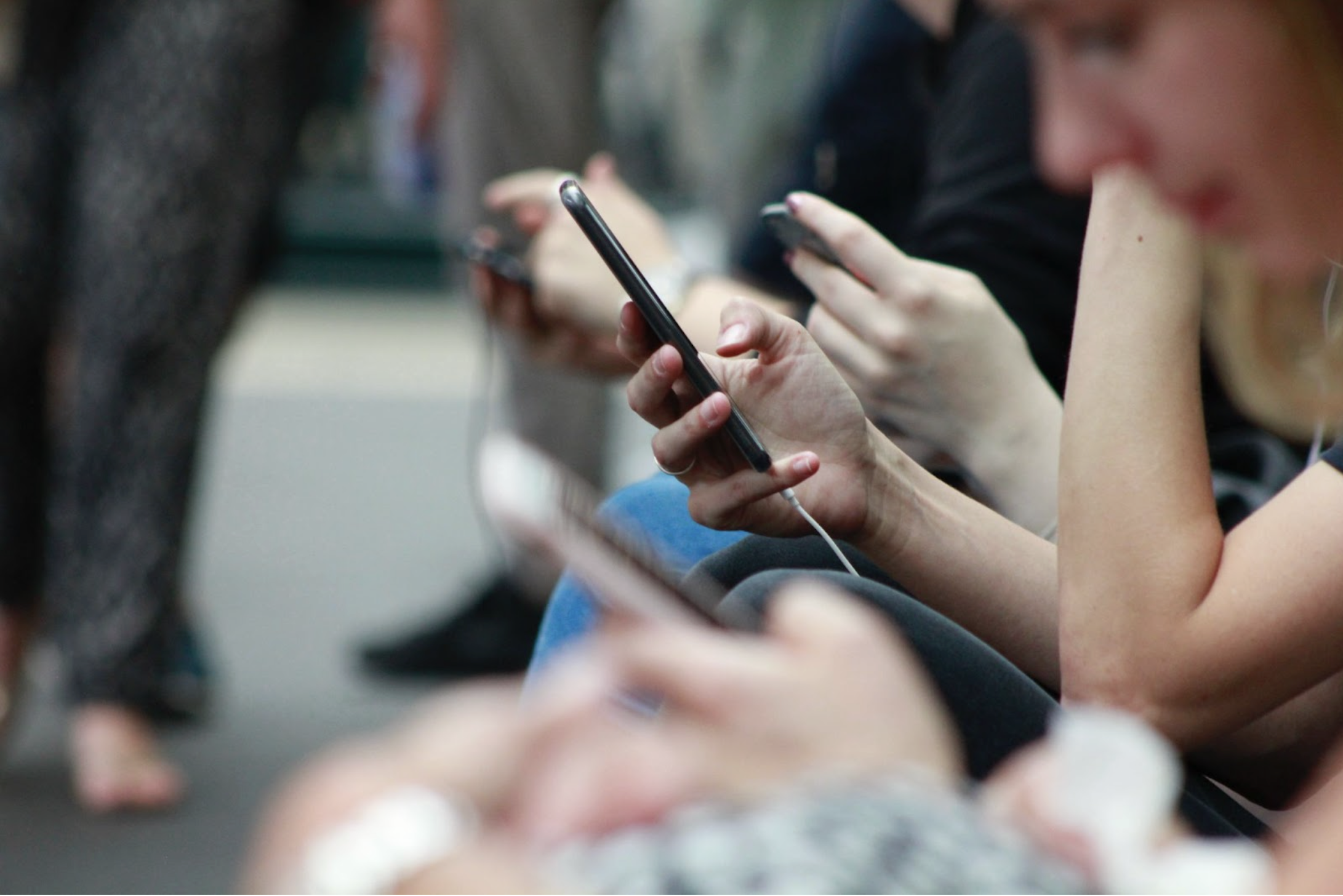
Have you heard about the latest celebrity, diet culture news?
Gwyneth Paltrow received severe backlash for her comments explaining her restrictive diet. During an interview with The Art of Being Well, Paltrow was asked what her wellness routine consists of. She responds by sharing her adherence to intermittent fasting, beginning her first meal around noon every day. “I have bone broth for lunch a lot of the days”, Paltrow says, “and I eat a lot of vegetables for dinner.” In just these few statements, it is evidently clear that this type of diet is not healthy, nor does it offer the proper nutrients to optimize her health and well-being. As confirmed by many registered dietitians, Paltrow’s comments about her wellness routine can be directly correlated with an eating disorder.
[These are the very same responses that many of our clinicians hear when speaking with clients about their disordered eating. We, at Kindful Body, do not support diet culture, or these celebrity wellness-routines that claim to be ‘healthy.’ We are here to help anyone struggling with an eating disorder, binge eating, body image issues, and other related issues.]
Shortly after this interview, people all over the media voiced their concerns around Gwyneth Paltrow’s health, and for good reason. Paltrow attempted to explain her dietary decisions, yet was unsuccessfully convincing. One troubling statement from Paltrow stood-out above the rest, drawing the majority of the public ire. “I eat far more than just bone broth”, Paltrow haphazardly admits. Nevertheless, her original statement sheds a bright light on eating disorder tendencies.
Many people are influenced by celebrities and other gimmicky, Hollywood quick-fixes. Paltrow’s wellness routine is now all over the internet, for young minds and others to cling to. Unfortunately, those who are easily swayed to believe these types of diets are most vulnerable, and at high-risk for developing an eating disorder.
It’s possible that they may think her diet is a good idea, regardless of the fact that she attempted to retract her original statement. At the end of the day, all it takes is one person to be deeply affected by her so-called wellness routine. Diets like this can spiral into something far more detrimental, causing long-term negative health effects.
Ashley Ellis, Kindful Body therapist shares: “In my experience working with clients that are struggling with eating disorders or disordered eating, it is like an addiction. People are often looking for ways to alter and control their bodies and food. Hearing things like this can be so detrimental. It gets looked to as the next possible solution and it really takes a toll on our bodies and our mental health”
Kindful Body offers online outpatient treatment throughout the state of California. Our team of eating disorder therapists and registered dietitians are here to help!

Diet Culture
Diet culture is a social expectation of reaching a certain ‘physique ideal’ – impacting both men and women – and has been woven into the fabric of society.
According to NPR, “Moving your body and eating nutrient-rich food is always a good idea, but it’s important to understand how much we’re motivated by our culturally-accepted aesthetics when we pursue those goals. Diet culture purports that every fat person is a thin person waiting to be released and that we should fear fatness.”
“Our bodies are all uniquely made and subscribing to one “ideal” does so much harm. Looking towards examples of size inclusivity and diversity is important in counterbalancing societal issues like diet culture and fatphobia’. Some of this starts with taking a hard look at our own social media and who we follow- what we engage with.”
It’s critical to challenge these ideas and find the support you need.
Meet With A Therapist or Registered Dietitian
Such societal pressures can feel like a burden, not only physically but mentally and emotionally.
This is why it is important to seek therapy and/or nutrition counseling when you feel uneasy about your body image, self-esteem, and other problems that may arise. Counseling works to help guide you towards healthy living, as well as release any false beliefs that you may carry about yourself.
Contact us to schedule a free 15-minute consultation to discuss treatment options. We offer support groups, body image therapy, therapy for binge eating, emotional eating therapy, and nutritional counseling. Our skilled therapists also offer trauma therapy, therapy for stress and anxiety, relationship counseling, and grief counseling.
